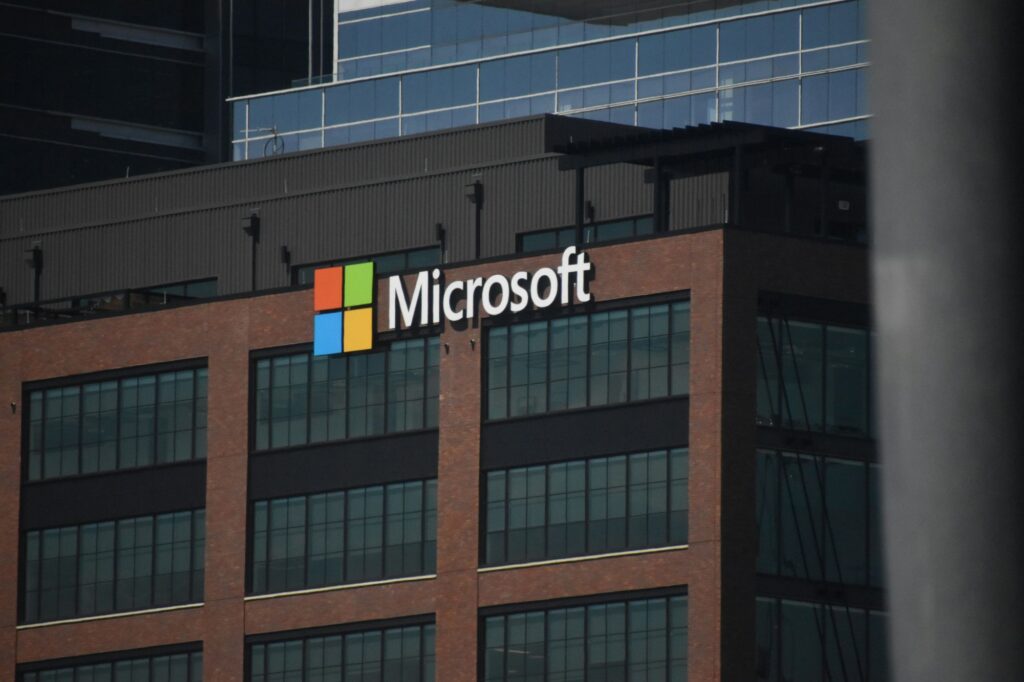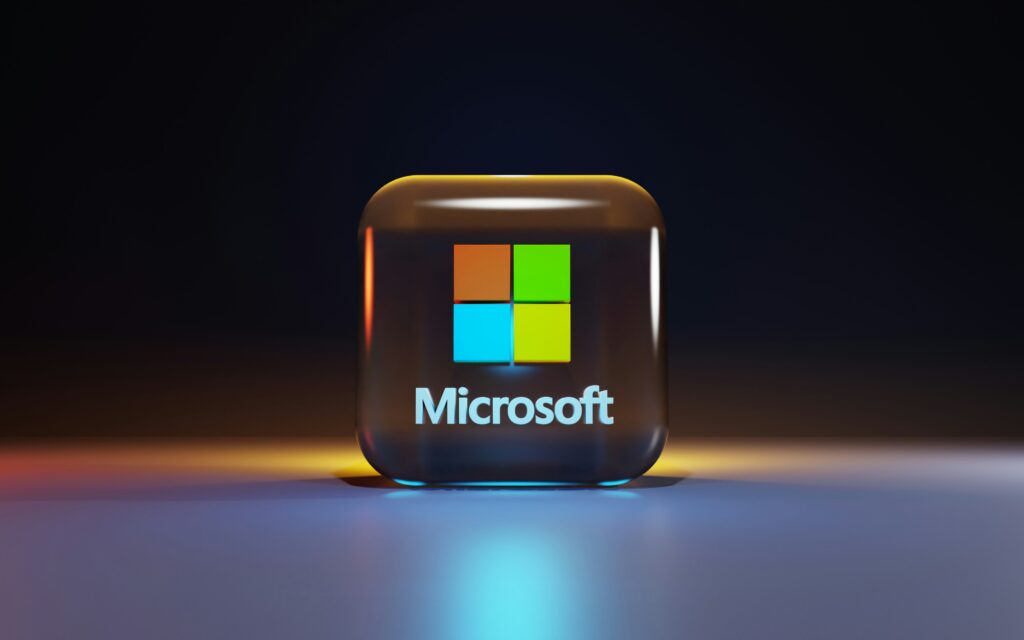At public corporations, shareholders have the opportunity to file shareholder proposals and vote on issues affecting the company at its annual meeting. The overwhelming majority of meetings are held between March-June, which is referred to as the “proxy season.” JLens conducts corporate advocacy, on behalf of Jewish community shareholders, focused on combating antisemitism & hate, supporting Israel, and addressing critical Tikkun Olam issues.
Now that the 2024 proxy season has come to a close, we would like to recap three successful campaigns JLens ran, in collaboration with ADL, to combat anti-Israel shareholder proposals with hateful rhetoric and to support efforts to protect kids online by addressing critical issues of hate speech and cyberbullying.
Amazon (NASDAQ: AMZN)
Boycott, Divestment and Sanctions (BDS) activists are increasingly using the proxy process to amplify their anti-Israel and hateful message through the submission of shareholder proposals. At Amazon’s annual meeting, a shareholder advocacy group that has been vocal in its opposition to Israel submitted a resolution that we viewed as containing inflammatory language and defamed Israel as an apartheid state. While Proposal 6, titled “Customer Due Diligence,” ostensibly aimed to uphold human rights, it singled out Israel as the sole foreign country and was supported by multiple false statements alleging that the Israeli government uses Amazon Web Services “to support the apartheid system under which Palestinians are surveilled, unlawfully detained, and tortured.” It sought to end the $1.2 billion Project Nimbus Amazon / Google cloud computing agreement with the Israeli government. In our view, this proposal represented the next stage in the BDS No Tech for Apartheid campaign led by Amazon and Google employees, which in April resulted in the termination of 50 Google employees for violating company policy.
A similar proposal appeared on Amazon’s ballot in 2023 and received 34% of votes cast in favor. In April, ADL and JLens, launched an aggressive campaign urging shareholders to “vote against” the Amazon shareholder proposal. We filed a Notice of Exempt Solicitation with the SEC that urged shareholders to vote against Proposal 6 because it contained language that was false and misleading, could embolden antisemitism in society, and we believe it aimed to delegitimize Israel’s right to exist. Our efforts included outreach to most of Amazon’s largest shareholders and we held direct conversations with ISS, the largest “proxy advisory firm” that provides research to many of the world’s top institutional investors. Following our efforts and a decision by ISS to switch its recommendation from last year from FOR to AGAINST, the resolution received just 16% of votes cast in favor.
This is an incredibly significant victory, and this low vote makes it challenging for BDS activists to resubmit this proposal next year.
RTX Corporation (NYSE: RTX)
Another anti-Israel proposal appeared on the ballot of RTX Corporation, the maker of Israel’s Iron Dome, calling for the company to conduct a human rights impact assessment and, in particular, assess how its defense sales are “used to maintain the system of apartheid” in Israel. In the view of JLens and the ADL, the proposal sought to deprive Israel of essential defensive tools, including the Iron Dome system, which was crucial in defending civilians.
In March, JLens filed a Notice of Exempt Solicitation with the U.S. Securities and Exchange Commission (SEC), urging investors to vote against the proposal because it included false and misleading language, could embolden antisemitism in society, and we believe it sought to delegitimize Israel’s right to exist. Following a JLens campaign urging investors to reject Proposal 7, the proposal received only 5.48% of votes cast in favor.
JLens reviewed the shareholder proposals submitted to six U.S. public defense companies- Boeing, General Dynamics, L3Harris, Lockheed Martin, Northrop Grumman, and RTX- between 2021 and 2024. In total, seven shareholder proposals containing anti-Israel language were submitted to a shareholder vote with average support of 19%. In other words, the RTX vote of 5.48% in support of the proposal, represents a particularly low vote when compared to other similar resolutions.
Meta (NASDAQ: META)
In May, ADL and JLens joined a group of fellow investors in urging shareholders to vote in favor of a shareholder proposal on Meta’s ballot that called on the company to provide greater transparency and address critical issues of hate speech and cyberbullying as well as other issues related to protecting kids on its social media platforms. According to a 2023 survey conducted by the ADL Center for Technology & Society (CTS), online hate and harassment remain persistent and entrenched problems on social media platforms. The CTS survey revealed that 51 percent of teens ages 13 to 17 reported experiencing online harassment. Of those teens, more than half experienced that harassment on Facebook, more than any other platform, and 48 percent reported experiencing harassment on Instagram. For 47 percent of teens, online harassment also led to in person and offline harassment.
This proposal received 18.5% of the vote, which is equal to 59.1% of the non-insider vote. This was an increase on the same proposal in 2023 which received 16.2% of the vote or 53.8% of the non-insider vote. When a proposal receives a certain number of votes (normally around 20%), it signals to the company that the issue is important to its shareholders. Meta’s dual-class share structure allows Mark Zuckerberg to control 57% of the voting power despite only having an overall shareholding of 13.6%. The result of this vote shows that a large majority of non-insider shareholders support this proposal, signaling to the company’s leadership that shareholders care deeply about this issue.
Looking Ahead
Our clear success in defeating biased anti-Israel proposals this year shows that when the Jewish community stands up against hate, it wins. In light of the pervasive antisemitism and increased pressure by the BDS campaign since October 7th, next year we expect to see an increase in anti-Israel shareholder proposal filings on corporate proxy ballots. Over the coming months and moving into the next proxy season, we intend to expand our efforts to combat antisemitism and hate through shareholder advocacy.




